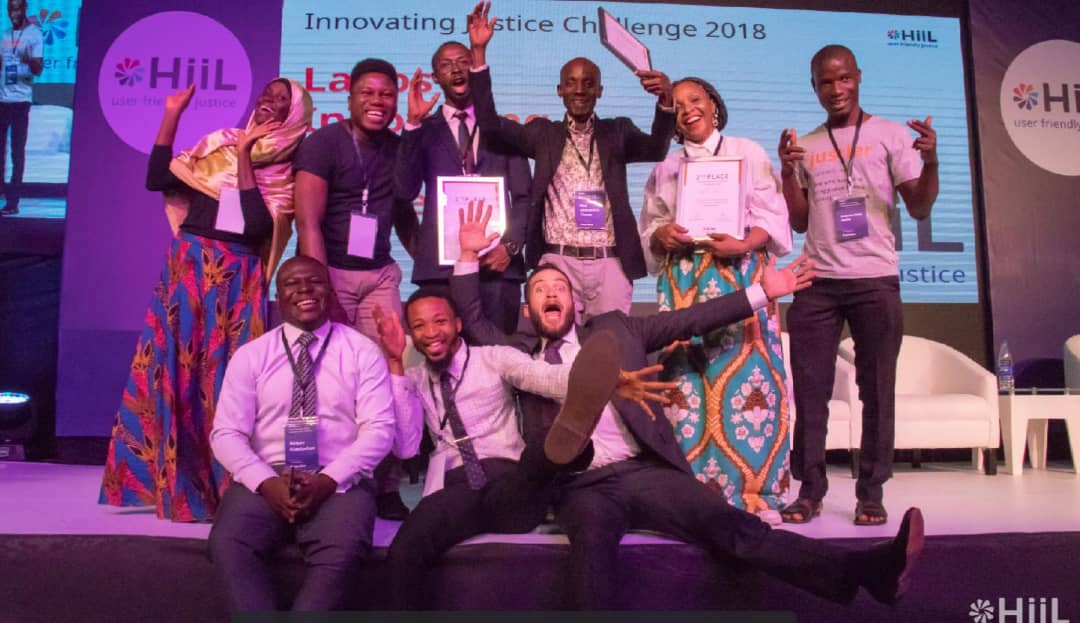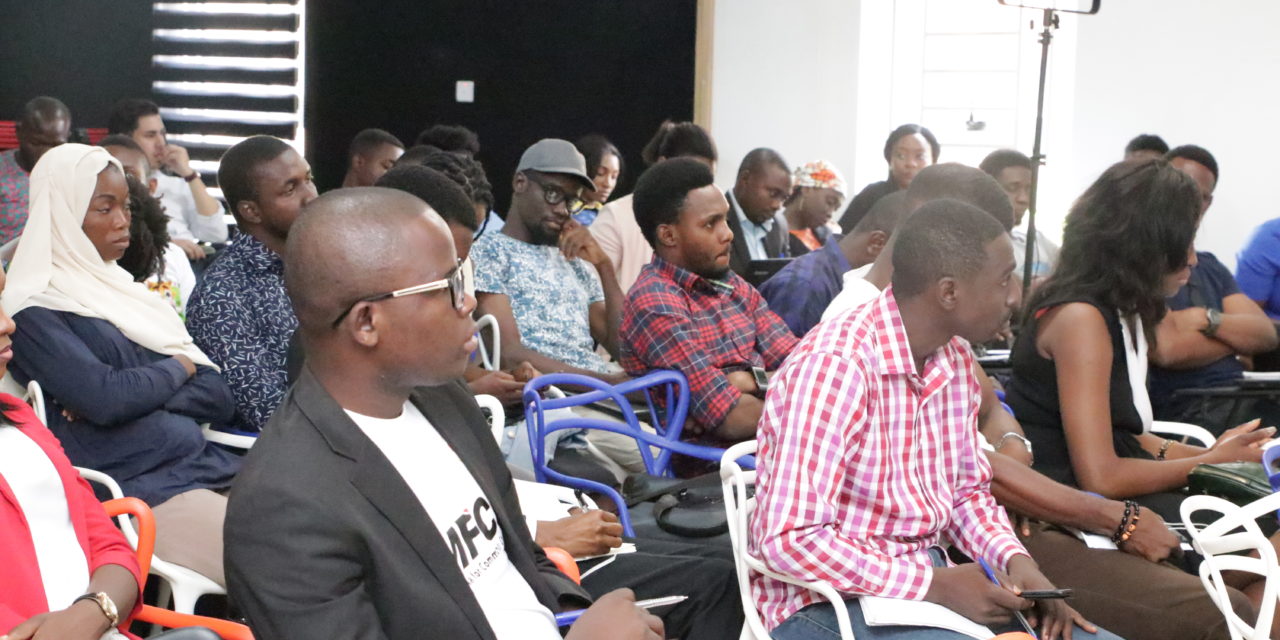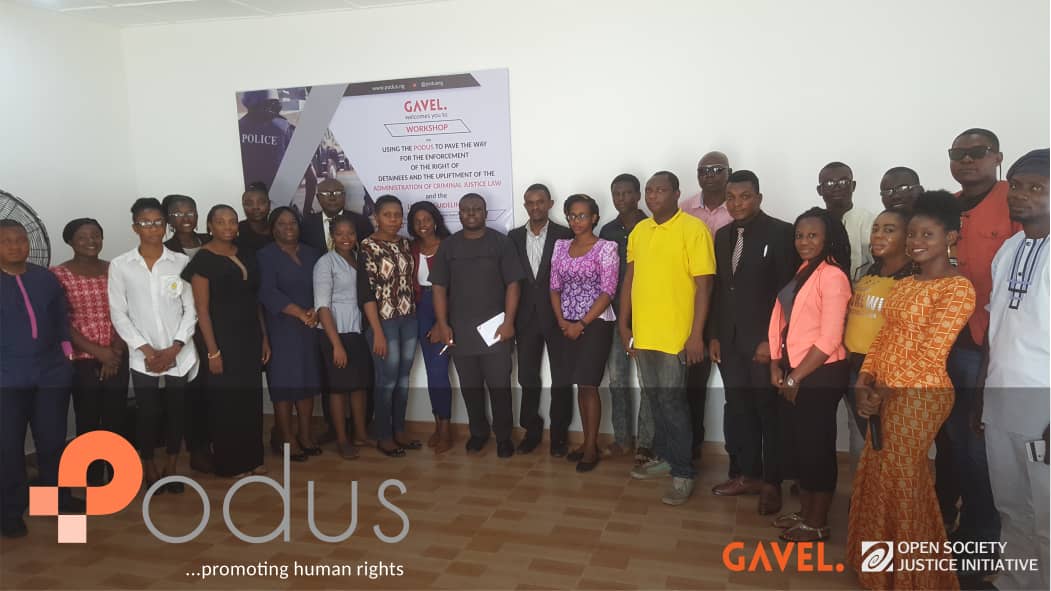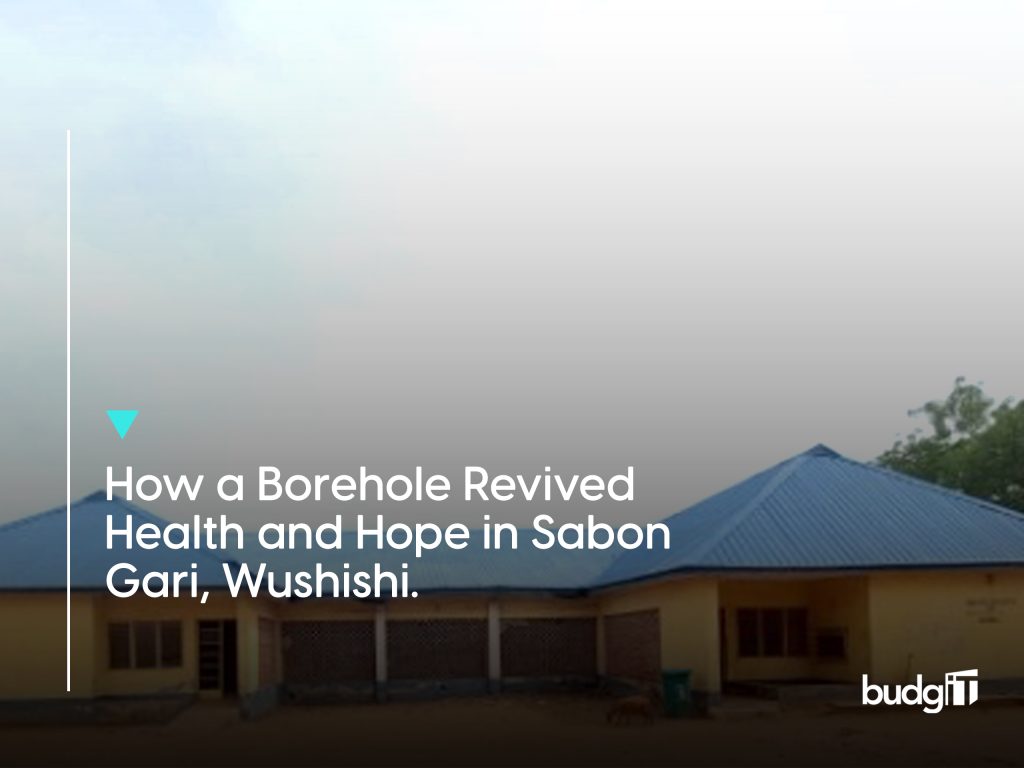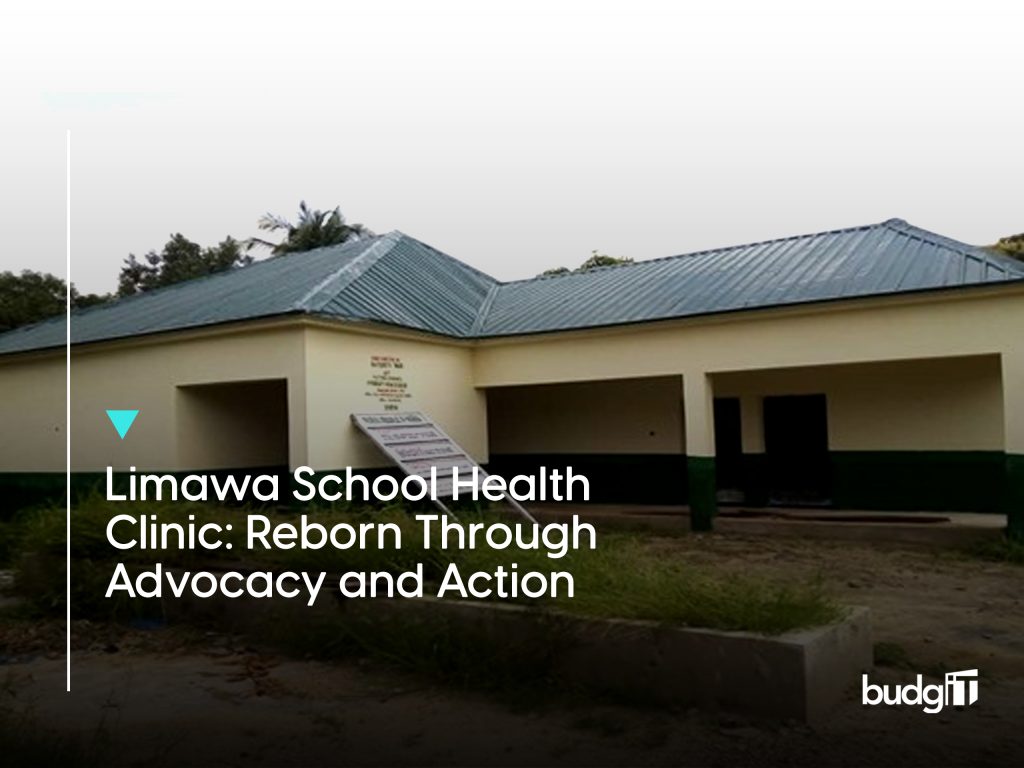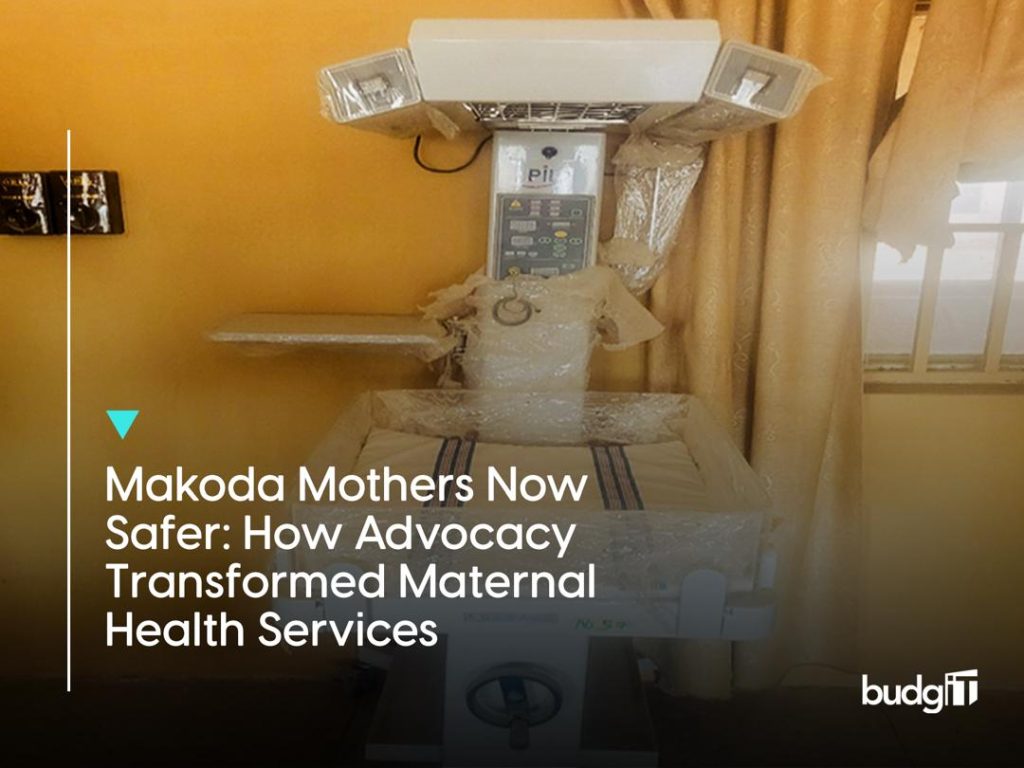Today’s Nigeria is replete with a number of social challenges that affect the average man on the street every day — from issues around police brutality, inequality of access to healthcare, education and even court justice. But more depressing, there are not a lot of civic organizations that are actively focused on combating these issues.
It is in a bid to resolve these age-old issues that the Civic Hive was established with a simple plan in mind: to accelerate anyone who has a passion and a plan to create a solution to social problems around them.
Founded in 2017 as the innovation centre of BudgIT, Civic Hive was set up to create an innovative virtual and physical space for partnerships and to raise civic tech leaders/solutions in Nigeria. It was also set up to improve the capacity of existing NGOs and media organizations, thereby making a huge impact within the Nigerian space. One of the pillars through which these goals are expected to be achieved is the Civic Hive Fellowship where our philosophy is to create a nest to harbour and build active citizens, taking them through curricula with the capability to initiate, articulate and maintain conversations on demanding effective governance.
Where it Started
In 2017, when the Civic Hive kicked off its operations, the Fellowship programme was also launched and 6 ideas were incubated, with 4 associates receiving support. Some of the fellows and associates from the inaugural programme include Amplify, Eduplana, Gavel, amongst others. We would be turning the searchlight today on Gavel.
As a civic tech tool, Gavel promotes accountability, transparency, efficiency and faster justice delivery system. The Theory of Change that Gavel operates on or bases its operations and activities on is to educate, as well as provide strategic legal support for individuals and entities with the aim to protect human rights and advance speedy trials, using technological support and innovative processes.
Where we are
Since its inception, Gavel has grown to become a household name in matters around Police brutality and court justice. With just 9 full-time staff and offices in Lagos & Ibadan, Gavel receives a minimum of 60 cases monthly from different parts of the nation and about 50–60% of these cases are usually reported on behalf of the supposed victim. Asides the full-time staff, there are presently 150 lawyers across 19 states who are a part of the larger Gavel team.
Through these partner lawyers, Gavel has recorded numerous success stories including opening an investigation against a pre-varsity owner who was taking advantage of young girls in his school and sleeping with them; a pastor sleeping with vulnerable members, as well as a young lady who helped to secure release from prison and was sent to a vocational school to develop herself. They have also engaged with the office of the CJN which led to a directive that all magistrates should visit police stations within their jurisdiction.
In order to create a more structured yet diversified approach to the work they do, Gavel has set up 2 new arms: JusticeLab and Podus.
JusticeLab is focused on tackling systemic issues by responding to issues around weakness in the judiciary as it affects citizens. According to Nelson Olanipekun, the founder of Gavel, “It has been discovered that our judiciary is perceived as being weak and what JusticeLab aims to do, is to make it stronger by restoring the faith of the citizens in the Nigerian judicial system.”
Podus, on the other hand, is focused on providing access to lawyers for citizens who have suffered or are suffering from security agency brutality by leveraging on technology. Podus as an app will work like the popular Uber ride app, such that citizens can log into the app, enter in their issue/case and a lawyer within their vicinity can be alerted for follow-up.
Next Steps
On funding, Gavel has been able to raise about $225,000 so far but the team is hopeful that much more than this will be raised in the coming year, as the scope of work is expanding daily.
The next steps for Gavel will be to work on growing JusticeLab and Podus to the point where they are fully functional and operational. Nelson Olanipekun further added that there is also a plan to provide tech support to parts of the judicial system and process that is still reliant on old archaic processes. Clearly, the coming days for Gavel will see a lot more of partnerships with other civil society organizations with whom Gavel can leverage on for a wider network and impact.
We encourage everyone to support Gavel and the work being done by following and actively engaging online.
Website: gavel.ng Twitter: @citizen_gavel
